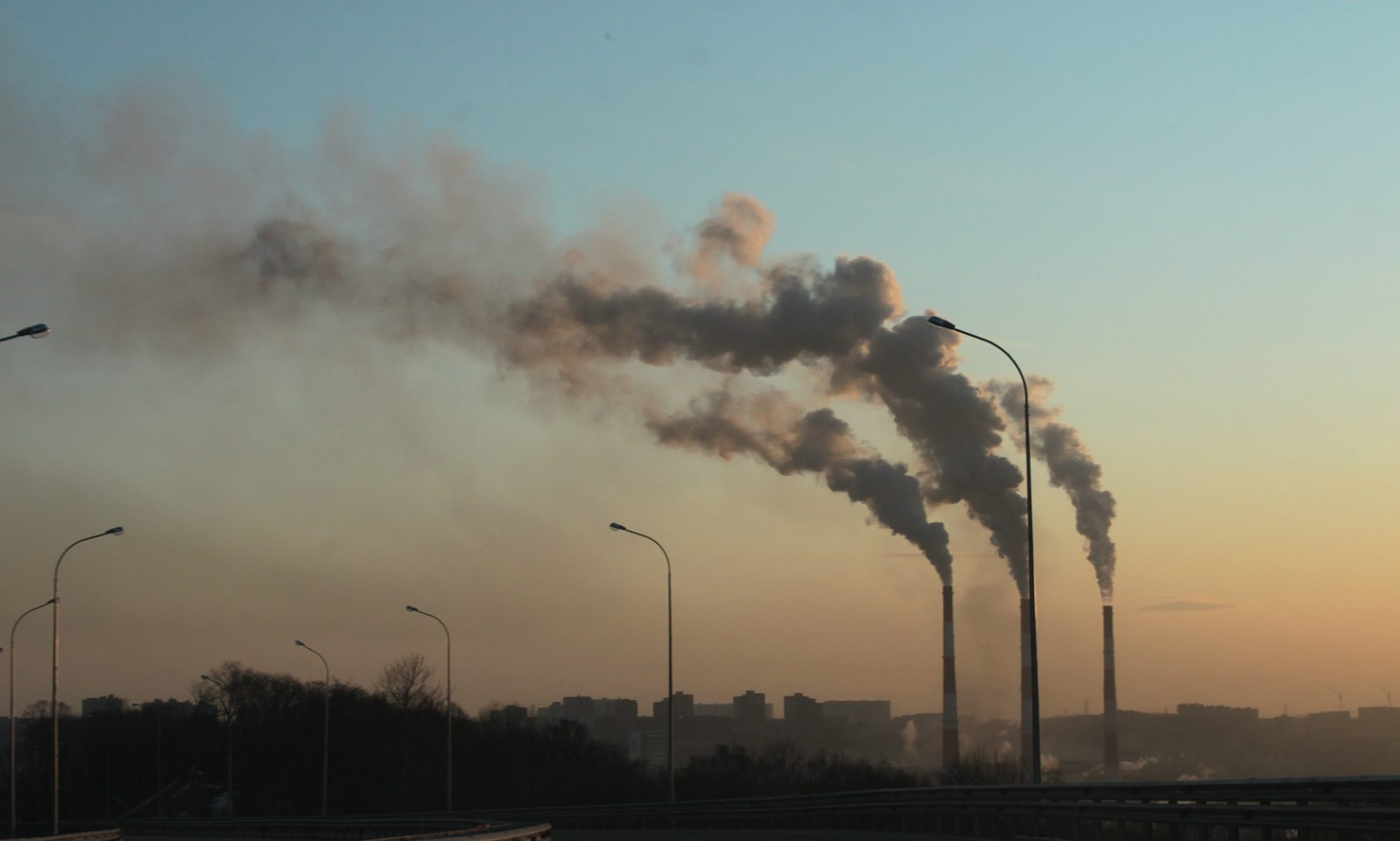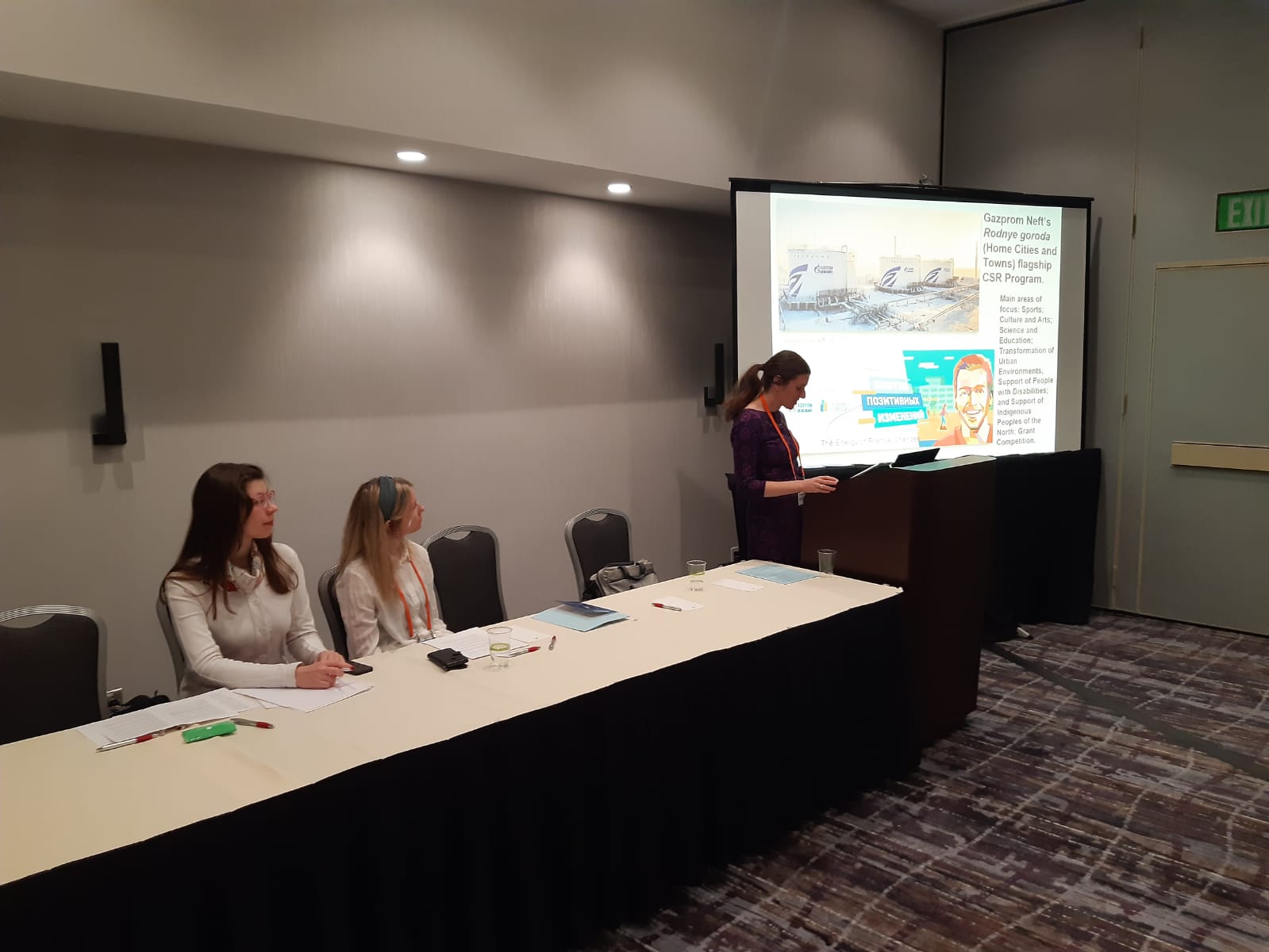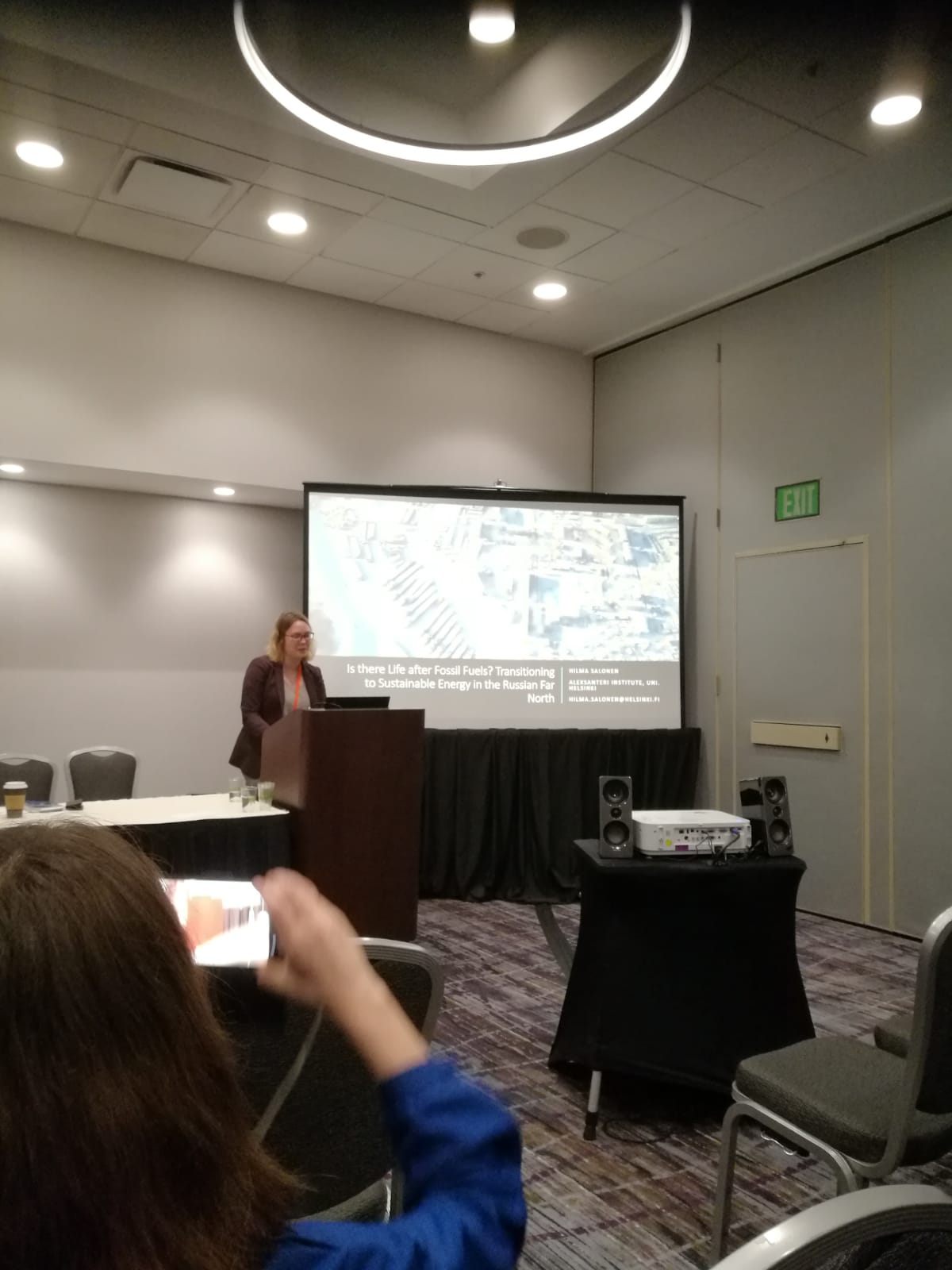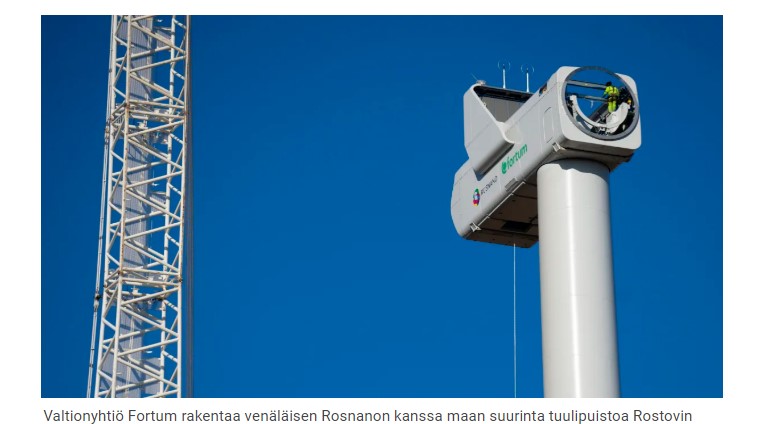Our colleague, Dr. Margarita Zavadskaya, was awarded with three-year research grant for her project “Electoral Malpractice, Cyber-security, and Political Consequences in Russia and Beyond (ElMaRB)”. The grants for three-year research projects are intended for promising researchers of the University of Helsinki. The funding is aimed at supporting future research leaders in gaining independency and in establishing a research group at the University of Helsinki. Our PhD student Elena Gorbacheva will join ElMaRB research project, together with another PhD candidate Eemil Mitikka.
The recent populist turn, the revival of nationalism, and the rise of ‘fake news’ in new and old democracies spurred a number of concerns in the academic and expert communities. Are existing democratic institutions fool-proof enough to protect societies from undermining citizens’ trust in political institutions and sliding back to a more authoritarian political set-up? Transparent and uncompromised elections still remain the essential feature of any democracy and serve as the major channel of selecting political leadership in advanced and new democracies. Over the last five years, the Russian government mastered the art of rigging domestic elections to such an extent that it has recently become a major ‘exporter’ of electoral malpractice elsewhere. The extensive use of mass media and internet-technologies has brought the spread of electoral malpractice to a new level, challenging the very trust in the credibility of electoral institutions in Russia and beyond. Electoral integrity has been challenged not just by intentional malpractice, unintended technological mishaps and public misperception of electoral processes transmitted by mass media.
The proposed three-years research project deals with the following research questions: does the information about compromised electoral integrity affect citizens’ trust in political institutions in post-communist countries? If so, does it lead to lower political participation? What affects political behavior stronger: the ‘objective’ quality of elections or public perception framed by mass media? What are the ways to prevent possible adverse political effects of electoral malpractice and, more specifically, negative imagining of elections in mass media? Expected outcomes include manuscripts for peer-reviewed journals in corresponding fields, creation of open-access datasets gathered in the course of the project and organizing annual research workshops to boost the University of Helsinki’s academic visibility.
Congratulations to Margarita and the group!





